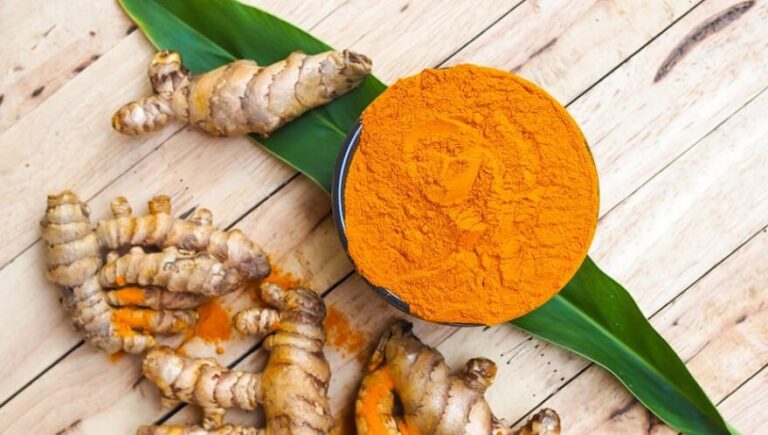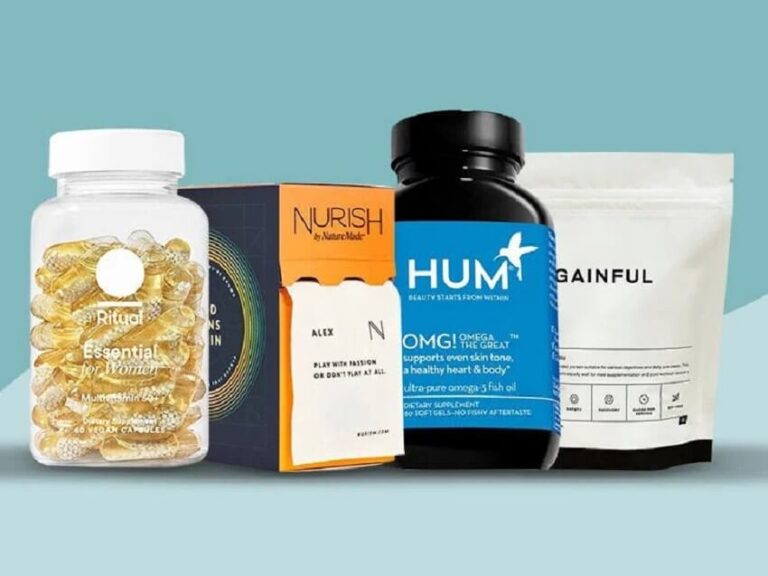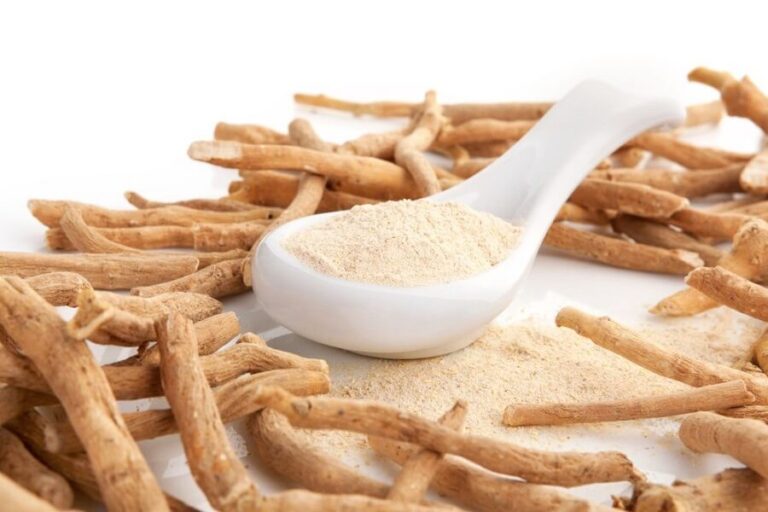Lecithin: What is it?
Lecithin is a substance composed of fatty acids part of human tissue, plants, and animals. The name derives from the Greek word for the yolk. This is because lecithin was first discovered from egg yolk.
The benefits of lecithin are attributed to its emulsifying properties. One of its effects is to separate fats and oils from the rest of the food components.
Studies suggest that one of the benefits of taking dietary lecithin supplements in lowering blood triglyceride levels. (1) One of its potential uses is for people with high lousy cholesterol problems.
Benefits of taking lecithin
Lecithin is useful for those people who have disorders in fat metabolism. One of its best-known benefits is the ability to lower cholesterol. Research has confirmed that taking it in supplements effectively increases good cholesterol and lowers bad cholesterol in the blood. The benefits of lecithin are:
- Improve heart health
Lecithin can improve the health of the cardiovascular system. Because it has emulsifying properties, it can reduce the number of triglycerides and bad cholesterol in the arteries. (1) Its consumption is recommended for people with diseases related to the heart.
- Prevent mastitis in lactation
One of the benefits of taking lecithin is to prevent mastitis during breastfeeding. The recommended amount in these cases is 5,400 mg divided four times a day. (4) It can decrease the viscosity of breast milk, making it less likely to clog the breast ducts.
- Improve digestion and prevent colitis
Lecithin can be used as a treatment to improve digestion in cases of colitis. Taking a dose of 1 g per day can enhance mucus in the intestine and protect the lining of the digestive system.
- Can stimulate cognitive functions
Choline, one of the components of lecithin, plays a fundamental role in the preservation of memory and the stimulation of cognitive functions. A diet high in hills can prevent diseases related to the nervous system such as dementia and Alzheimer’s. (3)
- Strengthen the immune system
Lecithin supplements can strengthen the immune system. Studies suggest that this is one of the enhanced benefits for people with diabetes. In animal research (2), it has been confirmed that the consumption of soy lecithin can improve the number of lymphocytes by up to 92%.
How to take lecithin?
Lecithin is practically not produced in the human body, so to obtain its benefits, it must come in the form of food or supplements. There is no official recommendation for how much lecithin you should take per day.
In most cases, doctors recommend taking a dose of 1000 mg of lecithin per day in the form of supplements. Depending on a person’s health status and its uses, the amounts can vary from a minimum of 500 to a maximum of 5400 mg per day.
Lecithin foods
The first food where lecithin was found was egg yolk. Later, the substance was found in soybeans, beans, sunflower seeds, canola oil, and sure cuts of meat. Foods with lecithin are:
- Yolk
- Soy
- Broccoli
- Vegetables
- Sunflower oil
- Canola Accepted
- Cow liver
- Beef
- Fruits of the sea
Side effects and contraindications
Lecithin in supplements or food is considered safe for most people. However, possible allergic reactions, stomach upset, and nausea have been reported. The side effects of lecithin are:
- Mild skin rashes
- Sickness
- Stomachache
- Increased saliva production
- Diarrhea
The main contraindication is not to combine lecithin and alcohol. Ethyl alcohol combined with choline esters can increase its side effects. Plus, it automatically loses its health benefits. The contraindications of lectin are:
- Allergies
- Alcohol
Is soy lecithin bad?
To date, some studies confirm the adverse effects of a moderate amount of soy lecithin in the body. However, for people who prefer to avoid consuming foods based on genetic organisms, this is not the recommended type of lecithin.
Although studies do not confirm the harm of such lecithin, manufacturers have gradually started to abandon it. A soy lecithin substitute is obtained from sunflower grains by cold pressing.
Uses of lecithin
Due to its unique ability to retain water and fat, one of the uses for lecithin in the food industry as an emulsifier. This substance helps achieve a uniform texture of the product, reduces the sensation of viscosity in the mouth, and prolongs the shelf life.
The list of ingredients may appear under the additive name E322. It usually occurs in low concentrations in different types of food, such as chocolates, sauces, and margarine.
Lecithin supplements can be used to lower harmful cholesterol levels and cholesterol levels. Some studies suggest that it can improve the immune system and a liver treatment for people with alcohol addiction. (5)
Lecithin is a substance composed of choline and fatty acids that is part of the tissue of plants and animals. Its science-confirmed benefits are promoting heart health (regulating cholesterol levels), maintaining cognitive brain functions, and stimulating the immune system. It is also recommended to decrease the density of the milk during the lactation period.
The uses of lecithin in the food industry are justified due to its emulsifying properties. In the form of dietary supplements, it has practically no side effects or contraindications. There are no studies to date that support that soy lecithin is terrible. However, it is one of the types that should be avoided by people who want to avoid GMO foods in their diet.







